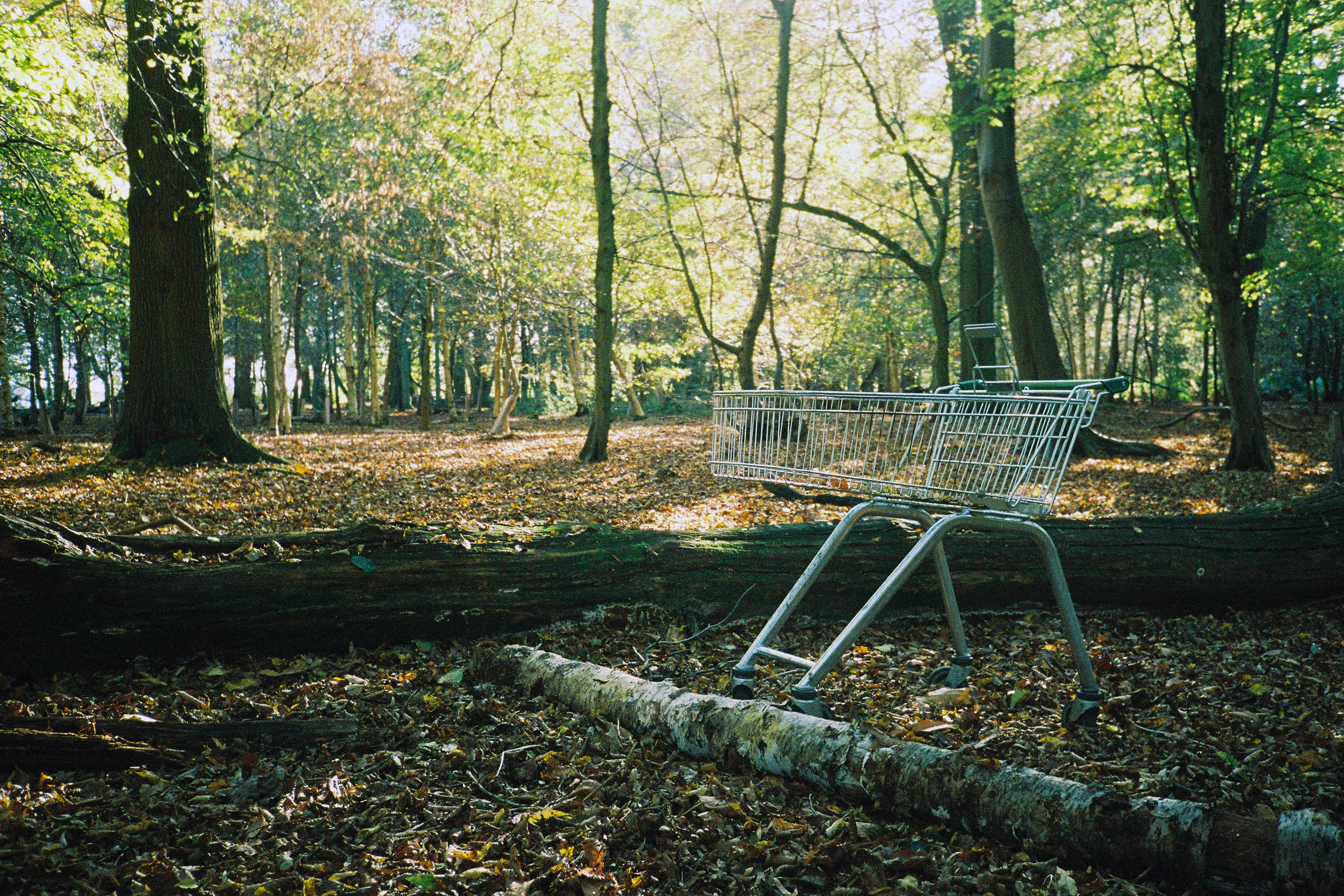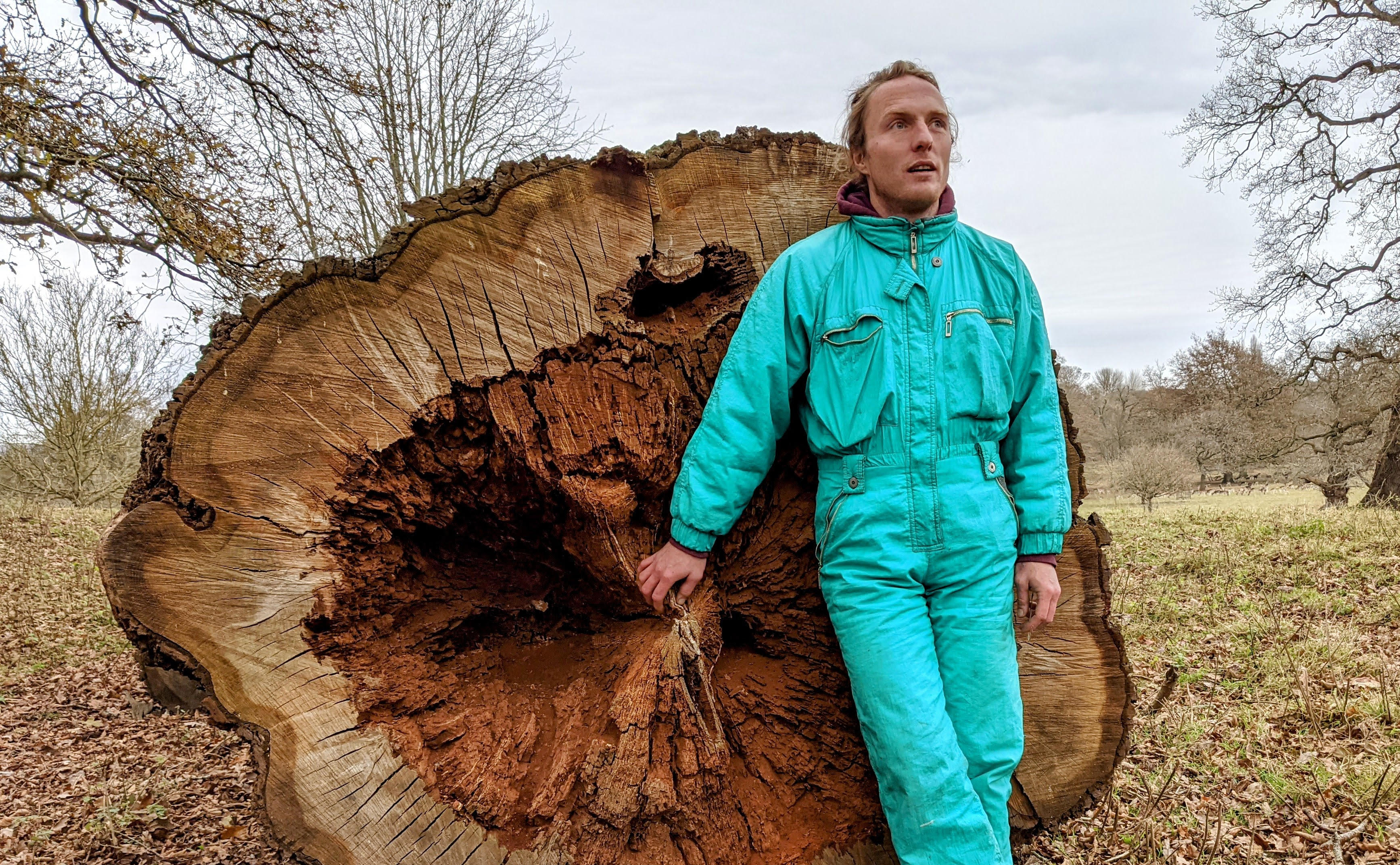Nigel Lawson's toxic climate legacy
How Thatcher's chancellor made climate denial a Tory value.
Obituaries for the former Conservative chancellor Nigel Lawson, who died at age 91 this week, made two important mistakes. The first was to describe Lord Lawson of Blaby as a mere “sceptic” on whether man-made greenhouse gas emissions are warming the planet. The second was to omit the political role his activism continues to play in our public life, and at a time when Rishi Sunak’s government is drilling a hole in its own climate targets.
As recently as November 2021, when the UK was hosting the United Nations COP26 climate summit, Lawson wrote in the Spectator that “global warming is not a problem”. He went on to advocate the continued burning of fossil fuels, and claimed that “the principal effect of increased carbon dioxide in the atmosphere is to stimulate plant growth”. This rejection of climate science does not deserve the honourable title of “scepticism”; it’s a dogmatic and fanatical position held in the face of the scientific evidence.
And far from being a fading legacy, this kind of climate denial is alive and kicking in the Conservative party.
Lawson was the founder and chairman of the Global Warming Policy Foundation - the pro-fossil fuel think tank at the heart of the current backlash against climate action. The opaquely-funded GWPF, which has pumped out climate denial since Lawson created it in 2009, teamed up with backbench MPs last year to oppose the government’s 2050 target to cut emissions to net zero. The Net Zero Scrutiny Group, led by GWPF ally Steve Baker MP, called for more fossil fuel extraction, in particular by lifting the ban on fracking for shale gas.
This project was launched before Vladimir Putin’s full-scale invasion of Ukraine and the resulting global energy crisis, but the war was quickly seized on to justify a gas rush, and the shelving of climate targets in the name of “energy security”.
This noisy campaign, taken up by the Daily Telegraph and right-wing TV channels GB News and TalkTV, polluted the atmosphere of last year’s Tory leadership contest. Two candidates for Prime Minister , Suella Braverman and Kemi Badenoch , ran on the promise to suspend or dilute net zero. Both are now ministers in Sunak’s cabinet.
How immune is a weak prime minister from appeasing the Right on climate?
It also infected the government’s legislative agenda. In her brief, shining period in office, Liz Truss took a break from destroying the economy to try to lift the fracking ban. The resulting fracas in parliament helped bury Truss’s career, and Sunak swept the topic away with his predecessor’s other triumphs.
Outright climate denial of the Lawson brand is somewhat taboo among Sunak’s Tories, but its more acceptable face of attacking net zero and climate policies is cheered on by the right-wing press. How immune is the newly-installed Prime Minister, who trails behind in the polls, from the temptation to appease the populist Right on climate?
This past week, Sunak hailed “energy security day”, a Saturnalia of policies designed to spell out exactly how the government plans to hit its net zero target.
The PR-savvy PM was probably wise to have rebranded “energy security day” from its original name of “green day”. More than 100 new oil and gas projects are angling for a license, with a green light reportedly set for the Rosebank oil field in the North Sea. The field, run by Norwegian company Equinor, has reserves of around 325 million barrels, which when burned would produce an estimated 150 million tonnes of CO2 equivalent — blowing a fatal hole in the UK’s carbon budget.
Rosebank is meeting fierce opposition. “Ministers know and have publicly acknowledged that more fossil fuels, whether it’s the expansion of oil and gas in the North Sea or fracking, will not solve the UK’s energy security problem, which is one primarily of affordability”, Tessa Khan, executive director of climate campaign group Uplift, tells The Lead. “The Rosebank oil field, for example, will do nothing to secure Britain’s energy supply or lower household bills, but it will blow through our carbon budget.”
Khan adds that “because of their apparent fear of the Right, there is a paralysis in government when it comes to pressing ahead with genuine solutions like onshore wind and home upgrades”. Sunak was forced to release these detailed net zero plans after a legal challenge by campaigners, with the High Court ruling that current policies were unlawful.
Climate denial fantasy
This sort of case is the special dread of Ross Clark, a free market-minded journalist and the author of Not Zero: How an Irrational Target Will Impoverish You, Help China (and Won’t Even Save the Planet). Reading his book, it’s not clear whether he thinks the planet needs saving at all. Clark praised Lawson’s economic legacy this week in the Spectator. Meanwhile, the GWPF’s Net Zero Watch page repeatedly cites Clark's columns, cementing the message. Clark is a good case study of the forces looking to drive government climate policy off the road.
Since the book came out, Clark has been awarded prime real estate in the Times and the Daily Mail for his thesis, responding to the latest report from the UN’s Intergovernmental Panel on Climate Change with a piece titled: “Hysterical language about climate change is self-defeating.”
Not Zero is an exercise in muddying the waters, both on energy policy and on climate science, where he seems to think he knows IPCC reports better than their authors.
Clark also argues in his book that making net zero legally-binding, under the terms of the Climate Change Act, means the government will be “dragged through the courts” by climate activists: “Were it to be reduced to an ambition or aspiration there would be nothing to sue the government for.”
This fear of lawsuits is to be found in Clark’s previous but less-known book, a “satirical” novel published in 2020 called ‘The Denial’. It imagines a future dystopia in which climate policies have destroyed Britain, oil executives are hunted down and prosecuted for climate crimes, the streets are terrorised by a group called the “Greenshirts”, and the government is dictated to (and eventually toppled) by climate activists. The book concludes with its hero — a former PR man for “Albion Oil”, a lightly-disguised British Petroleum — being put on trial for questioning climate science.
It’s notable that in this Daftness at Noon, big business is almost completely absent, save for the vanquished fossil fuel companies; all power in society is held by government, the media, and political activists. And in true “libertarian” style, the freedom of corporations to pollute and heat the planet is conflated with the freedom of the individual to hold and express opinions.
A wobbly prime minister
Clark is, remarkably, one of the more intelligent opponents of climate action. Elsewhere in the press, a representative article by Sunday Telegraph editor Allister Heath, published for Energy Security Day last week, bore the headline: “Net zero is a Trojan horse for the total destruction of Western society.”
“Public trust in institutions is at a historic low, whether that’s government, media or academia”, says Jennie King, who monitors climate misinformation at the Institute of Strategic Dialogue think tank. “As such, branding climate action as ‘elitist’ or part of some imagined globalist plot goes to the core of public life.”
“These tactics are proving very effective in dragging the media cycle and public discourse into the quagmire, and in the process averting any genuine discussion about the policies themselves.”
Sunak has wobbled on this before. During the summer’s leadership contest, he flirted with opposing onshore wind farms. In November, he nearly didn’t attend COP27, and only U-turned and headed to Egypt after criticism. His party has joined the chorus against London’s plans to expand its ultra-low emission zone, largely because the capital has a Labour Mayor.
Barely a Prime Minister’s Questions goes by without Sunak taking a swing at the Scottish National Party and Labour for opposing new oil and gas projects. The Conservative Party received £3.5 million last year from fossil fuel and high-pollution interests. And now there’s the weak tea of Sunak’s new climate plans, which simply have too much fossil fuel in them, rely on the dubious promise of “carbon capture” technology, and even if they all happen, would put the UK on track to miss its emission targets for the mid-2030s.
Sunak will likely keep trying to have it both ways on climate– promising a green, clean, renewable future with one hand, while backing new oil and gas projects with the other.
This is unlikely to satisfy the right, which comes not to reappraise net zero but to bury it. For now, we’re still haunted by the ghosts of Lawson’s ideas and political heirs, which obscure our vision like smog.
Take Action
The Lead is now on Substack.
Become a Member, and get our most groundbreaking content first. Become a Founder, and join the newsroom’s internal conversation - meet the writers, the editors and more.





